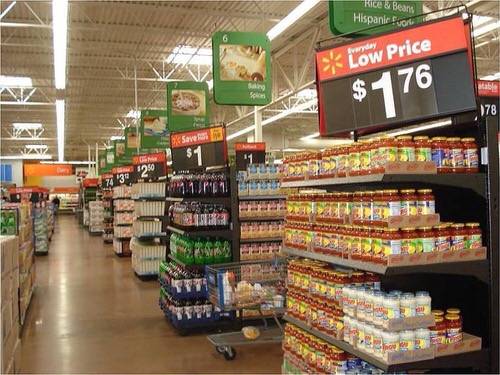The Internet of Things (IoT) is set to change a lot of industries, but retail might see the largest investments as businesses look to reduce labor costs, improve sales, and draw customers back to the store.
Retailers have already started investing in IoT, using Internet beacons to offer free Wi-Fi in stores in exchange for data harvesting or rerouting to the company’s online website.
That is just the beginning of the use of IoT in retail. Using big data, supermarkets will be able to figure out the perfect price for a product, the best place for it to sell, and the best time to have it in stock. Clothing retailers may use window scanners that detect interest in a product, and if the customer decides to enter the system can send the item to an assistant to expedite the sale.
At Starbucks, the coffee makers and ovens are controlled by a centralized system to lower human error. The chief technology officer expects IoT will allow the coffee chain to customize their menu, improve the taste of coffee, and let customers order without saying a word.
Retailers reporting above-average profiles think IoT will be huge
According to an eMarketer report, 54 percent of retailers reporting an “above-average” profit said IoT will dramatically change the retail industry in the next three years. The report also suggests that retailers are also the most familiar with IoT, with 56 percent of businesses possessing some knowledge of IoT and its advantages.
Analytics firm Juniper Research seems to agree that retailers will be major investors in IoT, suggesting that $2.5 billion will be spent on IoT-related hardware in 2020, a four-fold increase on the investment in 2015.
Retailers that invest early in the Internet of Things might see massive increases in sales compared to the competition, as systems increase profit margins, lower time spent waiting for a product to come in stock, and more data for analysts to work with on customer behavior.

















